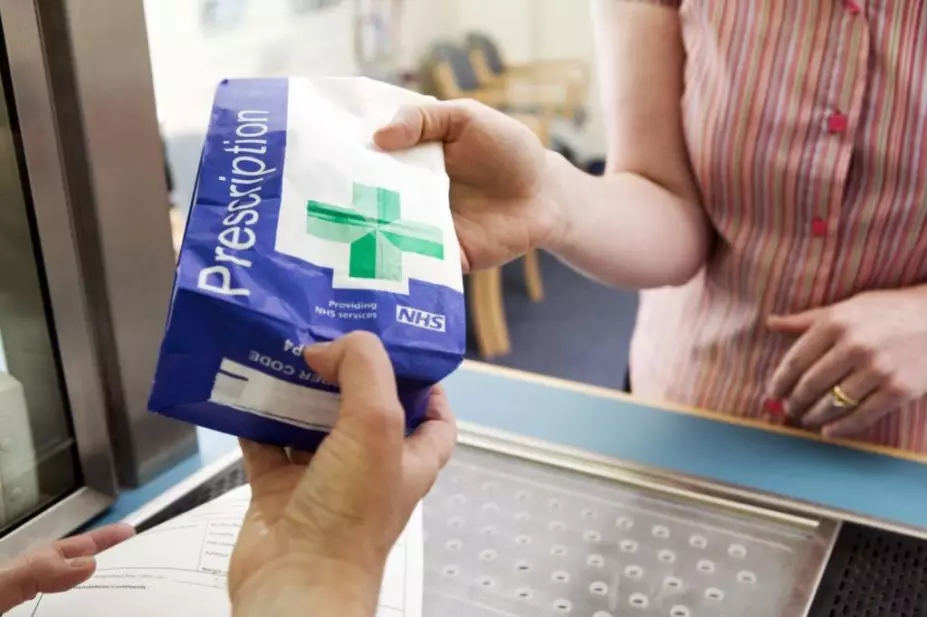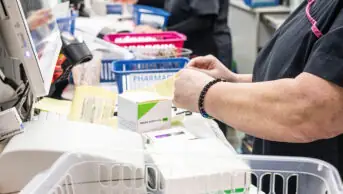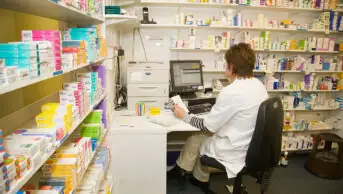
Shutterstock.com
The Scottish government is funding post-registration foundation training for up to 130 community pharmacists from October 2021, it has said.
As part of the training, which began on 7 October 2021, early-years pharmacists will complete an independent prescriber (IP) course, and submit a portfolio of evidence that will be assessed by a clinical competence committee, chaired by the Royal Pharmaceutical Society (RPS).
A circular, published by the Scottish government on 7 October 2021, said the programme will take two and a half years to complete and is an “experiential learning programme designed to develop confidence in pharmacy practice specific to Scotland”.
Following the programme, pharmacists will receive “credentials from the RPS indicating they had completed the NES Post Registration Foundation programme plus an IP course”.
The announcement comes after the Scottish government said in August 2020 that it planned to offer IP training to all pharmacists who complete the NHS Education for Scotland pharmacy foundation training programme.
In April 2021, the Scottish government and Community Pharmacy Scotland (CPS) committed £1.44m in annual funding to the post-registration programme.
Contractors who support an early-years pharmacist through the programme will receive a £24,000 training grant, equating to £1,000 per month over two years, with additional funding provided to support the independent prescriber courses, which will be delivered by Scottish universities.
The circular added that contractors must ensure that foundation pharmacists are provided an “averaged maximum” of 27 days away from their normal duties per year to meet the course requirements.
Similarly, educational supervisors should be able to take 15 days away from their normal duties each year. Backfill for both of these is to be funded by the training grant.
Adam Osprey, policy and development pharmacist at CPS, said that it was “delighted” to be supporting the programme, adding that it would “bring direction and consistency to pharmacists’ professional development and equip them with the skills and confidence they will need to deliver community pharmacy’s patient-facing services now and in the future”.
Osprey highlighted the “inclusion of an IP and clinical skills courses in the programme” which will, he said, “create a flow of pharmacists into community who will be ready to deliver NHS Pharmacy First Plus, further expanding the already significant support that the Scottish community pharmacy network delivers to communities across the country”.
A spokesperson for NHS Education for Scotland said the programme officially began on 7 October 2021, with registration for the programme now closed. However, there will be another intake of pharmacists in February 2022, they added.
READ MORE: A quiet revolution: how pharmacist prescribers are reshaping parts of the NHS


